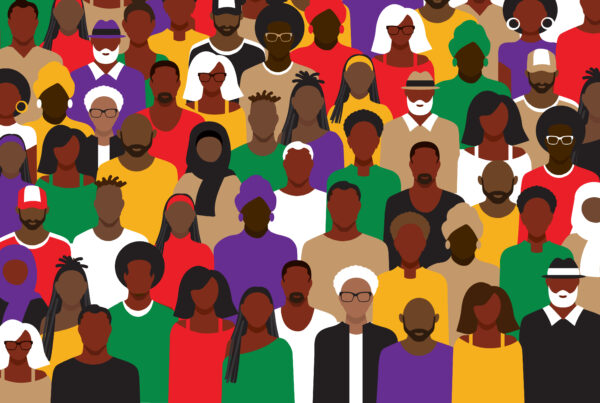ADHD Struggles
Do you ever forget why you walked into a room? Do you have trouble paying attention when someone is talking to you? Do you struggle to start or finish simple tasks? Do you feel disorganized or easily lose focus? These could be signs of ADHD. Around 140 million adults have ADHD. That number is growing. There has been a 42% increase in people diagnosed with ADHD in the last 8 years.
ADHD can bring up difficult thoughts and emotions. One being anxiety. Often, those of us with ADHD wish we could do things that others take for granted. We wish we could finish tasks on time, stay organized, or focus our attention. We might get behind and face deadlines with little time left. So, we start to feel anxious. We begin to believe we can never do anything right. Our anxiety worsens as we feel less confident.
How CBT Can Help
Research shows that Cognitive Behavioral Therapy (CBT) can be one of the best ways to get help with ADHD. It helps us to change our thoughts, attitudes, and behaviors. This allows us to better handle tough situations and feelings that can come with ADHD. We can learn a number of CBT tools to help. We can learn how to relax our bodies. Tools like problem solving and time management are helpful in meeting our goals. And we can reframe or accept our thoughts to help calm our anxiety. Let’s explore a few specific tools that can help:
- Progressive Muscle Relaxation (PMR) – A tool where we tense and then relax our muscle groups to relax our body and mind.
- Thought Inspection – A method where we challenge unhelpful thoughts causing us stress, shame, anxiety, etc.
- Active Problem Solving – A good way to achieve goals that helps us focus on what’s most important to us.
- Present Awareness – A practice to accept noisy thoughts and feelings, bring us back to the present, and allow us to respond better to our thoughts and emotions.
- Time Management – An approach where we make a daily to-do list and schedule the most important tasks into specific time slots.
If you or someone you know struggles with symptoms of ADHD, using some of these tools can help to get past those struggles. They can help to accomplish day to day tasks as well as manage the difficult emotions that can come up.




